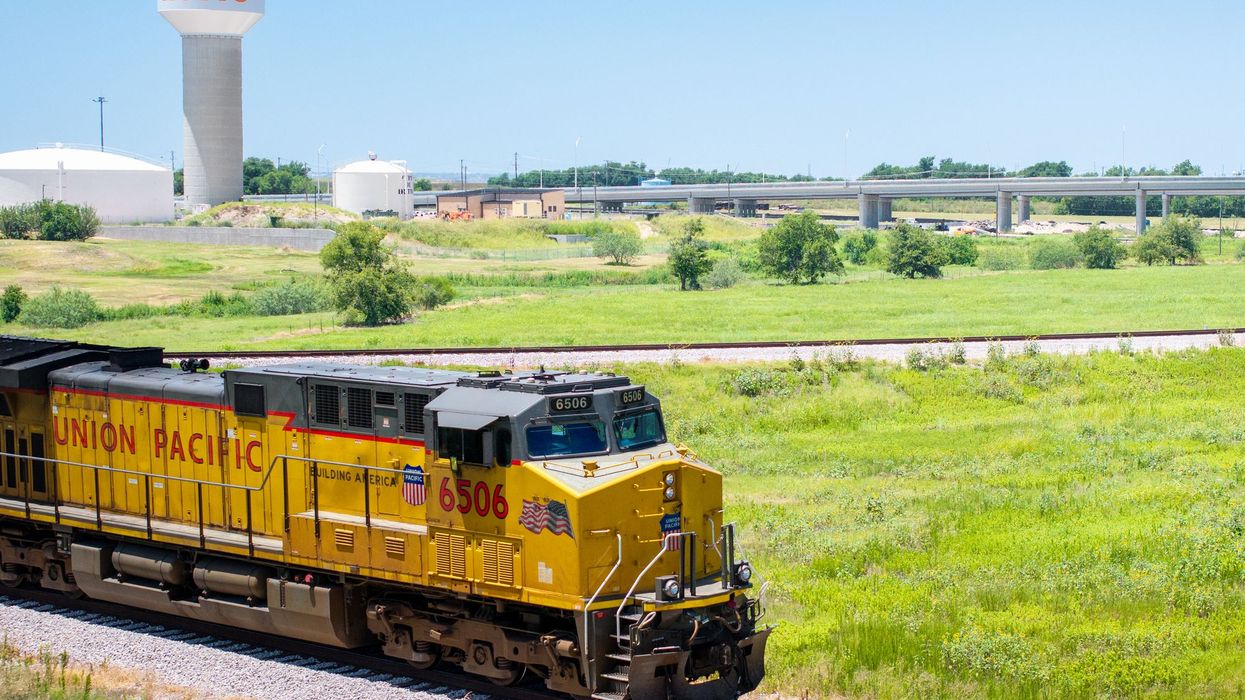Friends of the Earth International warned
today that voluntary principles on land acquisitions announced by
the World Bank and supported by the UN will legitimize and promote
land grabbing in Asia, Africa and Latin America. [1]
The
warning was issued as the World Bank released at an April 26-27
Washington meeting its voluntary principles to protect rights,
livelihoods and resources during large scale land acquisitions by
foreign investors in these continents.
These principles have been
supported by the United Nations Food and Agriculture organization,
the United Nations Conference on Trade and Development and the
International Fund for Agricultural Development .
Millions
of people's livelihoods are being destroyed by land grabbing,
especially those of peasant farmers, indigenous peoples and
fisherfolk. Land
grabbing takes place when states and the private sector buy up
millions of hectares of land in Asia, Africa and Latin America to
produce food and fuel mainly for export.
Land grabbing
is proven to further marginalize small food producers, and local
communities who already make up the largest part of the 1 billion
people suffering most from hunger and poverty. [2]
The
World Bank claims that these acquisitions will promote agricultural
investment. In reality they will further entrench corporate
agriculture for profit and destroy local livelihoods.
Despite
years of declining investment in peasant agriculture and the
promotion of free trade policies that prioritise industrial
agriculture instead, most of the world is still fed by small scale
agriculture. Land grabbing undermines small scale agriculture, which
jeopardizes our ability to feed the world now and in the future. [3]
Friends
of the Earth International Chair Nnimmo Bassey from Nigeria said:
"The
UN has shown that the best way to feed our population is through
existing, peasant based ecological agriculture. Yet the World Bank
and UN agencies support principles which legitimize a new form of
colonialism with grave dangers for millions of local livelihoods and
the environment. If
the UN is serious about ending hunger then it must heed its own
advice, stop the advance of agribusiness in Africa and implement food
sovereignty immediately."
Large
scale corporate agriculture is one of the leading causes of
environmental damage, responsible for about half of all global
greenhouse gas emissions, habitat destruction from land clearance and
huge use of fossil fuels and natural resources.
The
focus of industrial agriculture on producing commodities such as
animal feeds and agrofuels for export to rich countries rather than
food for local populations means it has led to widespread inequality
and malnutrition. [4]
Friends
of the Earth Uruguay Director Karin Nansen said:
"Industrial
production of soy, meat and agrofuels in South America means land
grabbing is already taking place. Local communities are violently
evicted from their land while agribusiness report record profits by
taking control of local resources. More
grabbing of farmland will intensify this violence against people's
sovereignty and also condemn us to ever rising deforestation and
climate emissions."
Friends
of the Earth International is demanding an end to all forms of land
grabbing, which governments and international institutions can
achieve by :
Equitable access to land and natural resources - keeping land
in the hands of local communities and implementing genuine agrarian
reform
Supporting agro-ecological peasant, smallholder farming,
fishing and pastoralism, including participatory research and training
programmes so that small-scale food providers can produce ample,
healthy and safe food for everybody.
Overhauling farm and trade policies to embrace food
sovereignty and supporting local and regional markets
Promoting community-oriented food and farming systems hinged
on local people's control over land, water and biodiversity
Enforce strict mandatory regulations that curb the access of
corporations and other powerful actors (state and private) to
agricultural, coastal and grazing lands, forests, and wetlands
Halting the expansion of industrial corporate led agriculture
and ensure food sovereignty - peoples' right to control their own
seeds, lands, water and food production through just and ecological
systems; which ensures enough, diverse, nutritious, locally produced
and culturally appropriate food for all.
For
more information contact:
In
ENGLISH
Kirtana
Chandrasekaran, FoEI Food Sovereignty Program Co-coordinator in the UK
Tel: +44
(0) 20 7566 1669 and +44 (0) 79619 86956 (UK mobile)
In
SPANISH
Martin
Drago, FoEI Food Sovereignty Program Co-coordinator in Uruguay
Tel: (+ 5982)
9022355 - 9082730 and Mobile: (+ 598 99) 138559
NOTES
[1]
The principles were announced at the World Bank conference detailed
at https://go.worldbank.org/67YHA6L0K0
See
a copy of the principles at https://www.donorplatform.org/
component/option,com_docman/ task,doc_view/gid,1280
[2]
See "Seized: The 2008 land grab for food and financial security"
GRAIN Oct 2008 https://www.grain.org/briefings/?id=212
and
"The
Great Land Grab" Oakland Institute, 2009
www.oaklandinstitute.org/pdfs/LandGrab_final_web.pdf
[3]
Peasant farming feeds at least 70% of the world's population see
"Who feeds us?" ETC group Dec 2009
https://www.etcgroup.org/upload/publication/pdf_file/ETC_Who_Will_Feed_Us.pdf
[4]
According to the FAO 1 billion people mostly in the poorest countries
suffer from hunger while the same number suffer from obesity in the
industrialized world




